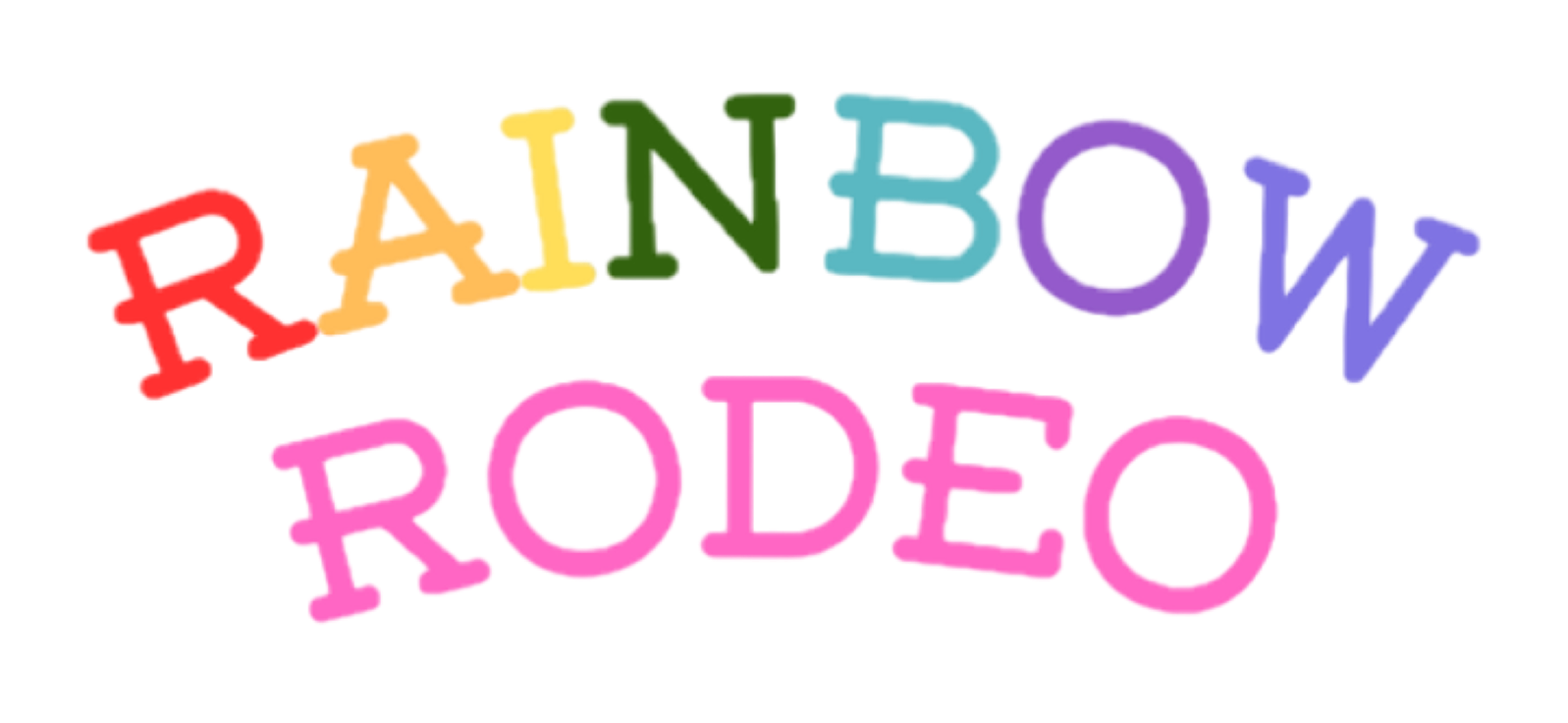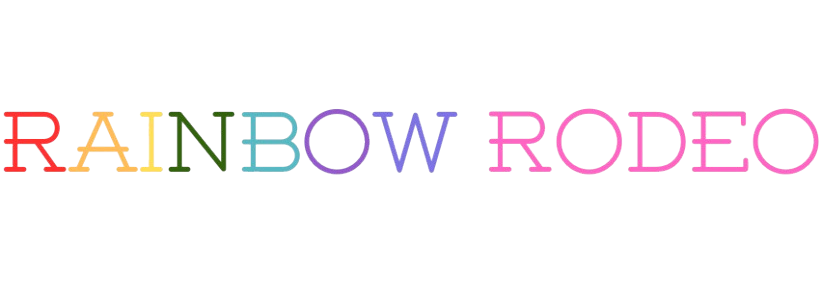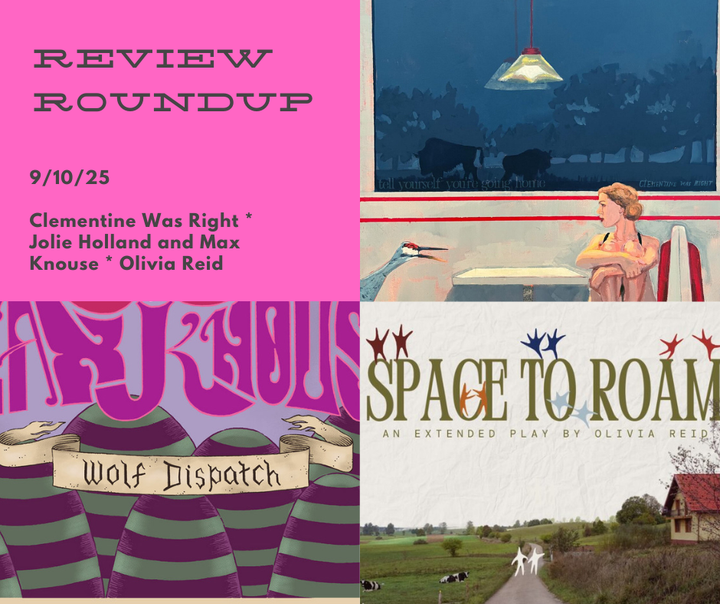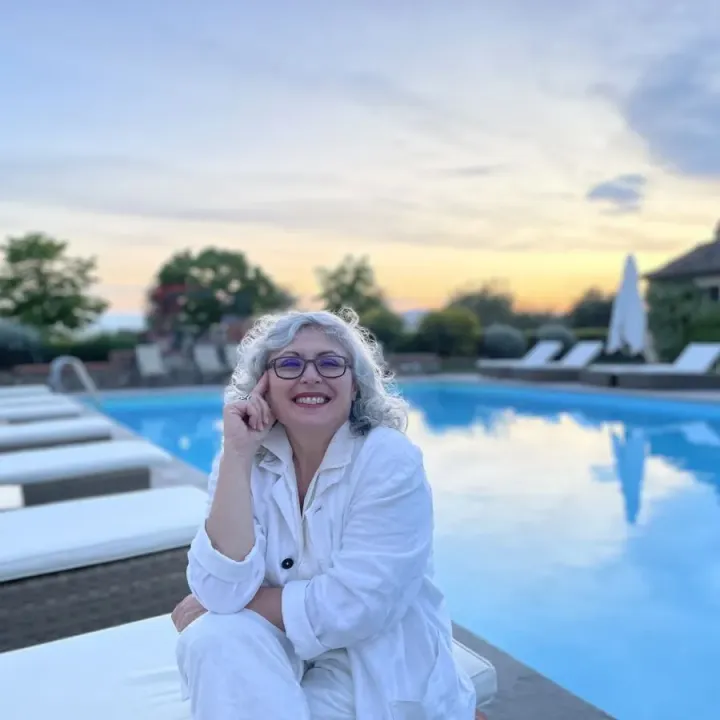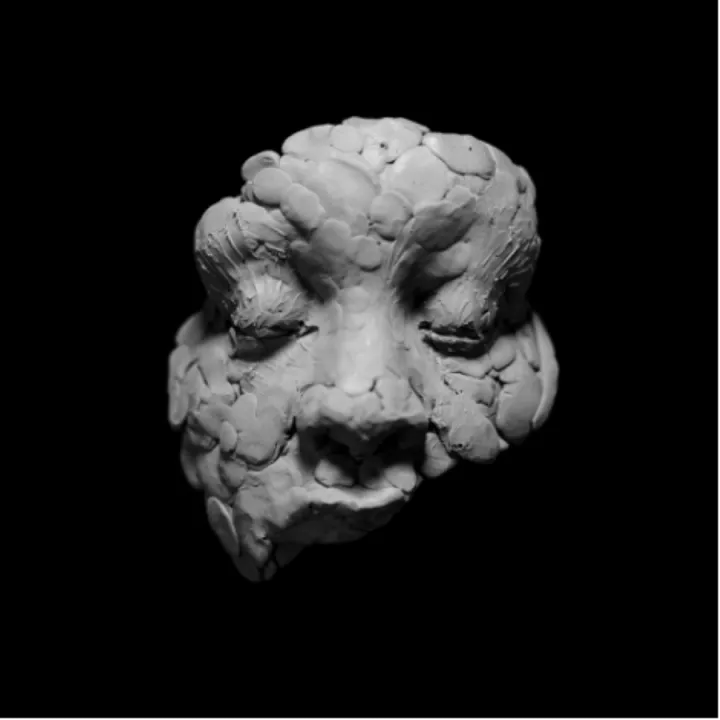INTERVIEW: Jolie Holland Reveres Her "Haunted Mountain"

Haunted Mountain, the latest from Jolie Holland, (released 10/6) brims with poignant metaphors, alongside vivid, lyrical imagery meant to expand the collective imagination. Her words, delivered in her haunting, smokey lilt, stir the soul and shine a focused, unapologetic light on the tragedies of our time. She reckons with disaster capitalism, creeping fascism, colonialism, and patriarchal oppression. She confronts the very real terror that civilization is subjected to the whims of sociopathic men wielding unearned power who are capable of unfathomable destruction. She speaks to feelings of dispossession, alienation, and groundlessness, and the insidiousness of “othering.” She recognizes society’s dangerous tendency towards the avoidance of trauma, validates the helplessness we all feel in the wake of geopolitical upheaval, and elevates the sacred significance of humanity being in reciprocity with nature.
In our interview, Holland digs deep into anti-colonial thinking, musing on our relationship with the Earth and how advocating for social justice causes is the same as advocating for your local arts scene.

Explain the title of your album.
I wrote one verse and the chorus of the song “Haunted Mountain” in 2019, and kept playing it occasionally for friends even though it was a small fragment. It reminded me of Michael Hurley’s epic songs about landscapes, like his “Blue Mountain,” “Dark Valley Walls,” or even “New Tea.” Somehow it felt powerful to me, and I was intimidated to write more verses. I sketched a lot of further ideas out but didn’t commit to any of them until 2021, when I finally wrote the second verse. My friend, the amazing musician Buck Meek, added a third verse. Then we felt like we really had a song. We both put out versions of it on our 2023 records, and we named both records Haunted Mountain.
We independently decided to name each record this, I think because of all the song titles on our records, “Haunted Mountain” is particularly strong. It has a self-contained, refractive power, and a cool soft rhyme to it. And it’s really mysterious. I don’t know what it means. It’s a suggestion. It feels like it could refer to Walpurgisnacht, Zion, or horror movies, but to me, most of all, it feels beyond that. It feels like it’s not about a literal mountain or literal haunting. It feels like an as-yet-un-enculturated idea about how we relate to the world.
We talk about how limited the old idea of the mind/body split is, and yet so much of our philosophy and medicine retain its vestiges. We talk about how ridiculous it is for humans to define ourselves as somehow non-animal, and yet human chauvinism is everywhere. The concept of wilderness versus garden is equally flimsy.
When European settler colonists came to the continents we now call Australia, South America and North America, they didn’t recognize the massive undertakings (I don’t even know what to call them, so I’ll throw out some terms): earthworks, agro-ecology, agro-forestry that indigenous populations had wrought. It is estimated that most of the Amazon basin is man-made. The trees that grow there were all encouraged, planted, tended to by the people who thrived there in the centuries before European people, flora, livestock and diseases arrived. The soil itself was transformed into “terra preta” prepared earth, 8 times more productive than the un-worked soil of the Amazonian basin. Indigenous American agriculture feeds the world today- 3/5ths of all the crops grown globally today were developed in the Americas before European contact. Across the North American continent, indigenous fire ecology regulated undergrowth so that the forests looked like parks to the English when they arrived. When the indigenous nations were genocided, the forests overgrew and became messy, dense, and wildfire prone as they are now. Europeans couldn’t see the brilliance of this ecosystem-wide geo-engineering, and they called it wilderness.
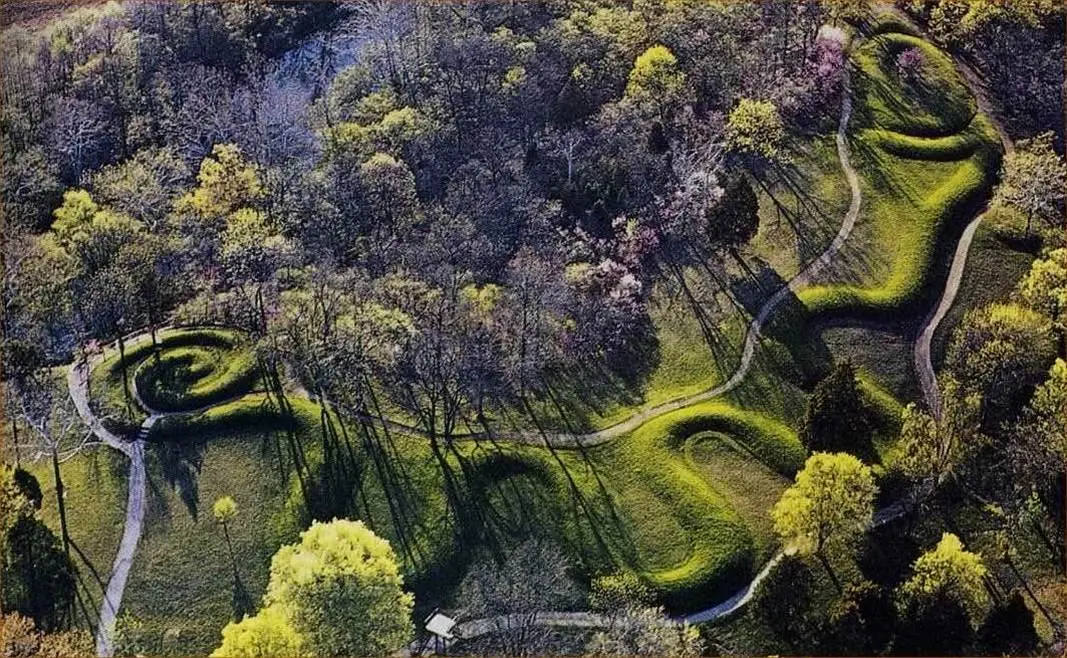
What is our relationship with the earth if we lose the old religious framework of original sin? What if we are not “evil” and wilderness is not “pristine”? What if we are animals here, looking after and participating in survival with ecosystems instead of celestial aliens waiting for a god to take us elsewhere?
By painting the idea of a haunted mountain, I am alluding to all these things. What would a relationship of reciprocity with the earth feel like? What does it feel like to be in community?
Does your album have an overarching theme?
There are a handful of themes on the record, but I’ll choose this one to talk about – there are a lot of images about walking: feet on the ground, bootheels on pavement, walking through the valley on the way to the haunted mountain. To me, these images of pedestrianism, of traveling without a vehicle, are pictures of finding one’s own grounded balance. They are descriptions of attempts to be in the world outside of the toxic enculturation of white supremacist patriarchy. These images of walking are pictures of finding a relationship with community, with the earth.
How do you feel your queer identity ties into your performance style or music?
As a pan-sexual person who also dates cis men, my identity could easily feel eclipsed by the superficial appearance of heterosexuality. But in real love, one is always completely oneself.
In the same way, I aim to bring my whole self to the music, unlimited by concepts of gender. I often present publicly as femme, but my soul has always been non-binary. Through music, I’m a whole soul, my real self, not a woman or a man. That is where I write from, and I know a lot of people hear it as such. I’m always so psyched to see trans, queer and non-binary people in my audiences.
I hate that we struggle to be seen as our full selves. But I also hate the contortions I’ve seen some artists subject themselves to, in order to fight the assumptions of the binaries. I aim to allow my music to be as ambitious, masterful, sexual, individualistic and nerdy as a man’s while also singing as artfully and beautifully as we expect women’s voices to be.
I want to see the vulnerability of female-presenting artists to be as respected as the vulnerability of male artists. There is so much power and skill in creating space for vulnerability.
What’s the best way a fan can support you?
I can think of so many ways. Sure, buy the music if you can. On Bandcamp or at shows. Buy merch if you can. Support crowdfunding campaigns (or pre-orders) for my upcoming records. Host private shows and invite your most generous friends. Or if none of that is accessible to you, get involved in trying to make Medicare for all happen. Get involved in housing justice movements so that artists and our communities in general have a safety net.
What do you think you could do to make your music or shows more accessible to a more diverse audience?
This is kind of an overly large question for a touring artist. There’s only so much one person can do. The real way to create accessible spaces is through scenes and movements that are often much bigger than just the arts.
I think, as a white artist, the most important thing you can do to have a diverse audience is to be legitimately great. And be great in your own way as a white artist, without pandering, without begging for approval from people of color. And if you get love from diverse audiences, hold that as a blessing. Don’t take it for granted, but as a height to continuously live up to. See, appreciate and love artists, engineers, producers of all backgrounds, not just your own. Hire collaborators from non-European cultures whenever the choice is appropriate. And if you’re not in a position to give someone a decent job yourself, suggest them for gigs and positions when you can.
I think the key to supporting a diverse audience is to strive for excellence: be respectful to everyone, be yourself. Keep learning all the time from artists, thinkers, comedians, and political organizers who aren’t white. Unseat the unconscious assumptions of white supremacy at every opportunity. Like bell hooks teaches us, patriarchy doesn’t just harm the marginalized genders. It harms men, too. And in the same way, white supremacy fucks us all.
Whiteness is an intellectual ghetto. White mediocrity is a real pit to be avoided at all costs. Black artists, black intellectual power has always driven American culture, and in order to be real, we have to honor that at every turn.
White artists owe a huge debt to everybody else. So much of American music is expressed as shades of blackface, constant thievery that leads black artists to continuous reinvention, incredible feats of creativity in order to stay ahead of bottomless white greed.
I always want to hear critiques of whiteness, and I’m always developing my own. Race is a ridiculous categorization invented by the ruling classes to keep us divided. The myth of white supremacy is a monster we need to kill every day until we see real transformation in this country, real democracy, real equity.
Jolie Holland — Official, Facebook, Instagram, Twitter, Bandcamp
